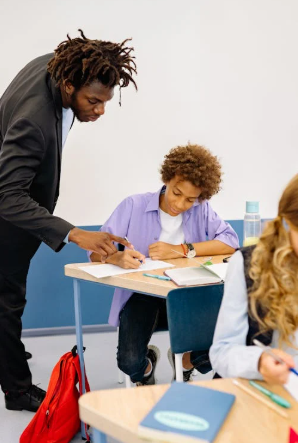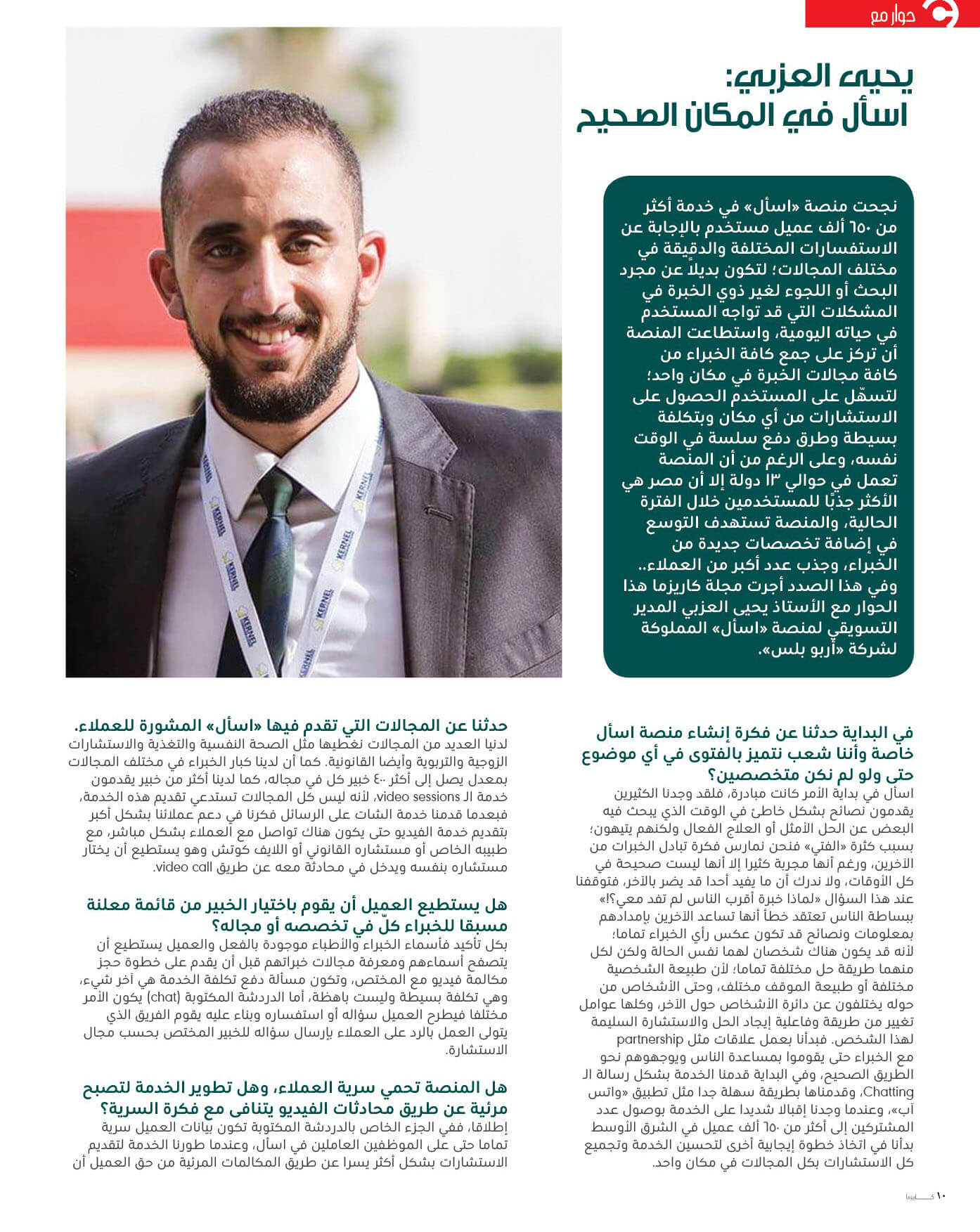
How Can Teachers Create a Positive Environment for Teenagers' Academic and Emotional Growth?
A successful human relationship between the teacher and the student is one of the most important factors in creating a good learning environment, shaping the student’s character, and boosting their self-confidence. Moreover, it helps the teacher improve their own human and educational skills, as during the various educational stages, students and teachers spend more time together than they do with their families.
Here, we’re specifically talking about the middle and high school stages, which are the adolescent years for students, ranging in age from 12 to 18. This is a period marked by high sensitivity, volatile emotions, and is a critical stage in a student's life as their personality, beliefs, opinions, and ideas are being formed for the rest of their life.
Thus, every teacher must be aware of the fundamental needs of teenagers during this stage, such as:
- Biological and physical needs: This is a time of hormonal changes, discovering sexual identity, and psychological struggles as adolescents try to assert themselves, despite lacking maturity. During this stage, it is important to increase engaging activities like sports and other beneficial pursuits to fill their free time, release physical energy, and reduce stress, anxiety, and tension.
- The need for security: Teenagers need to feel loved and engage in dialogue with those around them, while also setting boundaries to facilitate understanding between both sides. Additionally, their behavior should not become a cause for rejection, in order to promote healthy emotional growth.
- The need for self-esteem and achievement: Providing adolescents with a safe space to act, try new things, and take responsibility will help shape their personality—while ensuring they don’t cause harm to themselves.
- The need for belonging: Feeling loved without criticism based on their gender, appearance, or religion will help them integrate into society.
Teachers must develop effective communication skills with their students to foster a healthy relationship that encourages students to communicate openly and express themselves and their emotions safely and clearly.
Providing a safe environment where students can express their opinions and views on various topics helps build a successful personal and academic relationship, contributing to their development and boosting their confidence. In this, the teacher becomes a role model through their actions and behavior, teaching students the values of self-respect and respect for others. Additionally, offering help and support to students without expecting anything in return from their families or the school enhances the students' trust in their teacher.
Initiating support and praising students' efforts and achievements, even if small, encourages continuous growth and development. Helping them identify and achieve their personal goals makes the relationship between teacher and student meaningful. Accepting students as they are and embracing their mistakes creates a safe space between both parties.
Positive behavior reinforcement through gestures, whether verbal praise or non-verbal support like smiling or body language that endorses good behavior, reduces unwanted behaviors. Moreover, treating students fairly, without favoritism based on personal reasons, gender, or religion, makes a teacher stand out among their students.
A positive, optimistic teacher who spreads hope and focuses on the positive aspects is often well-liked, and students become more enthusiastic about studying their subject compared to others.
Furthermore, teachers should recognize different abilities, asking themselves why some students struggle with focus, daydreaming, or slow comprehension. Supporting students in constantly pursuing their goals helps them to work hard and develop good behaviors without pressuring them to achieve specific results, thus reducing the fear of academic failure.
All of this creates a safe and positive relationship between the student and the teacher, fostering cooperation and helping to ensure the success of the educational process while reducing pressure on both sides.
If you are a teacher or parent looking to provide the best support for your teenage children, you can book a session with (Manar Abdelghany), a psychologist, who can guide you with strategies to make this stage easier for both you and them.
Book now with complete privacy and ease from here: link.




